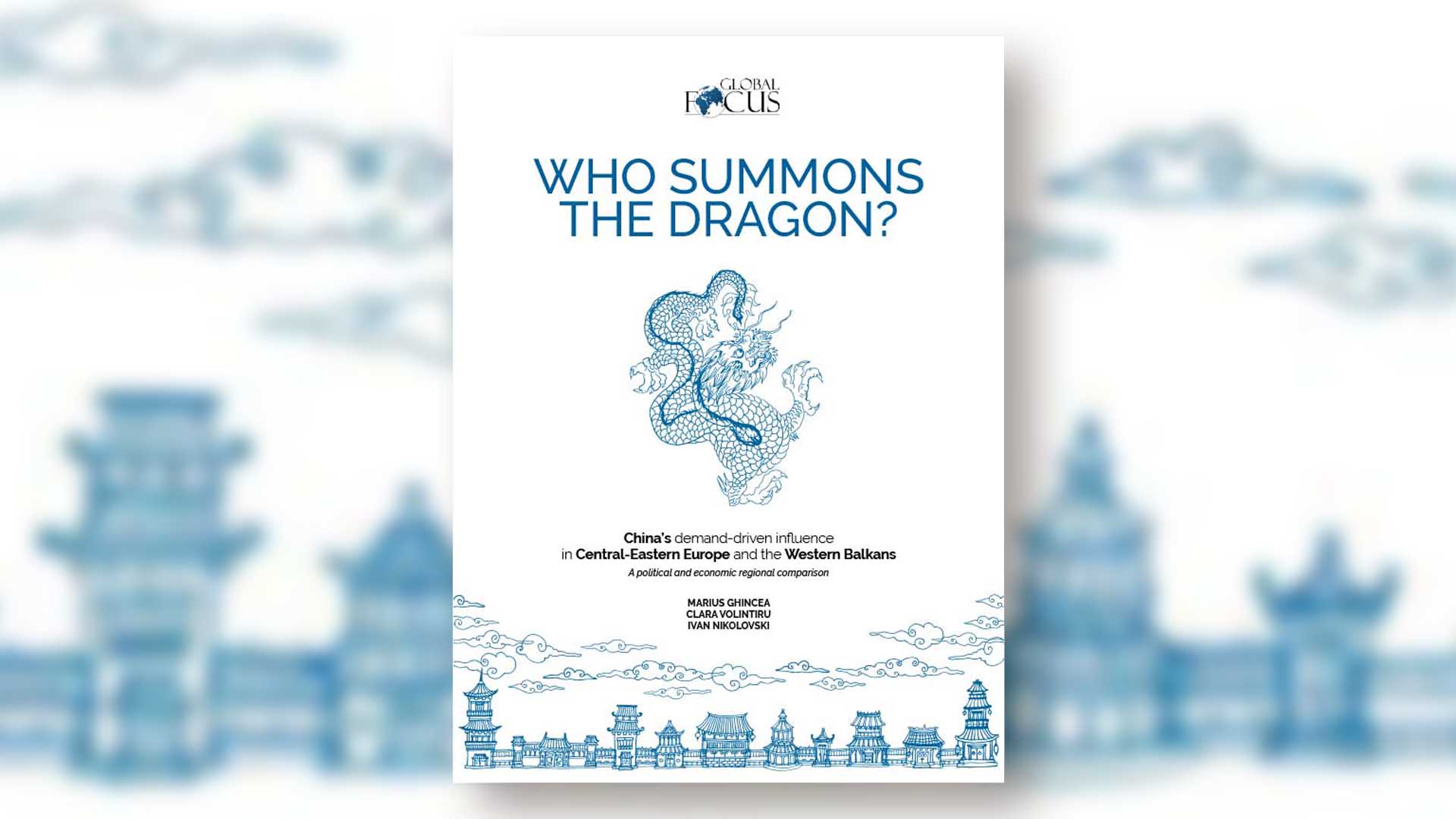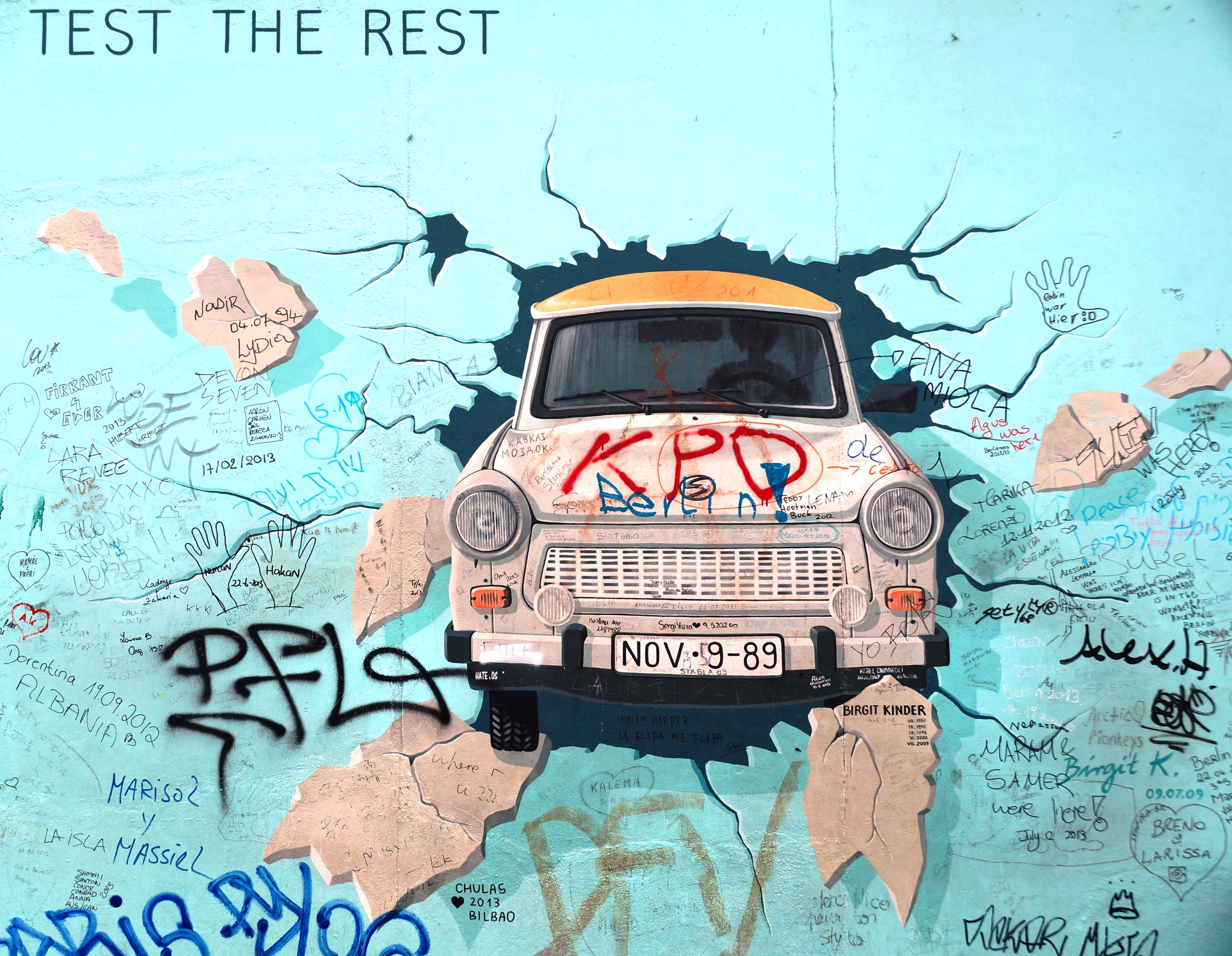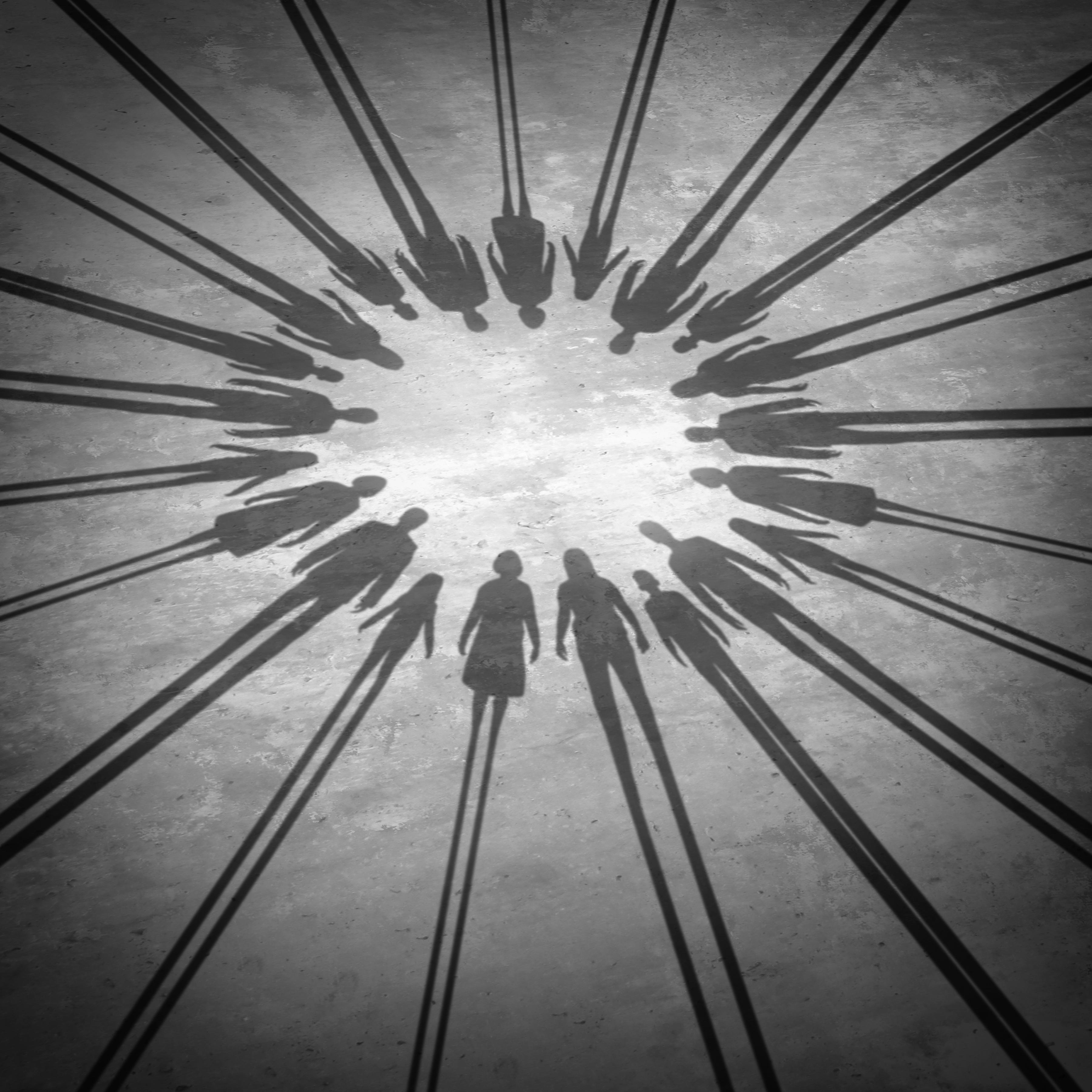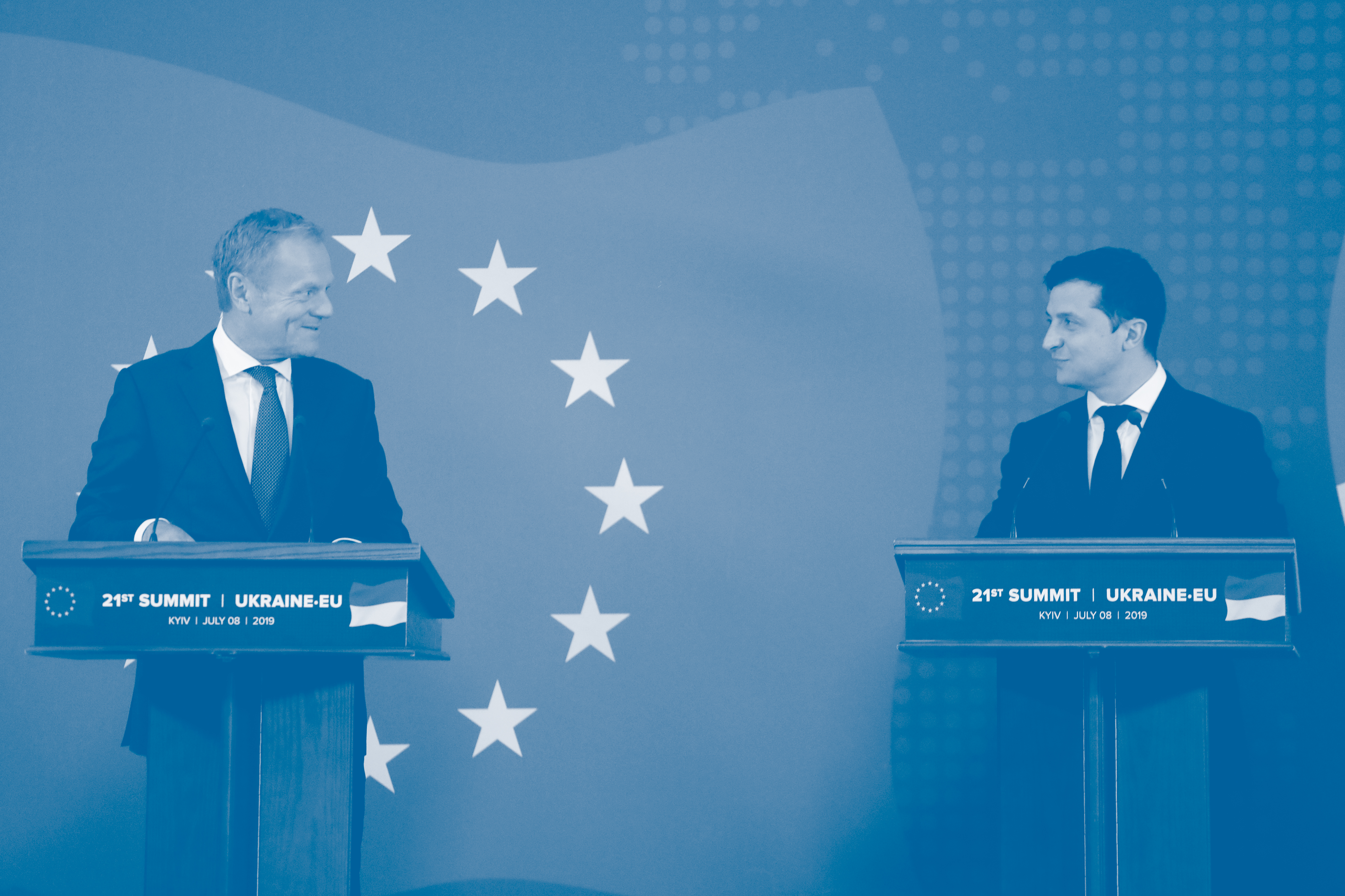A political and economic regional comparison
Based on a mixed-method methodology cross-cutting the political/economical divide, our latest brief shows that while China wants to increase its economic and political influence in the region, there is a significant difference between the story we hear and the facts we see. Despite China’s efforts to leverage vulnerabilities in the region, its political influence seems to be still relatively low. Economic influence by itself cannot match Western economic ties either. Political engagement with China is shaped mostly by domestic factors and geopolitical considerations, particularly those related to security.






